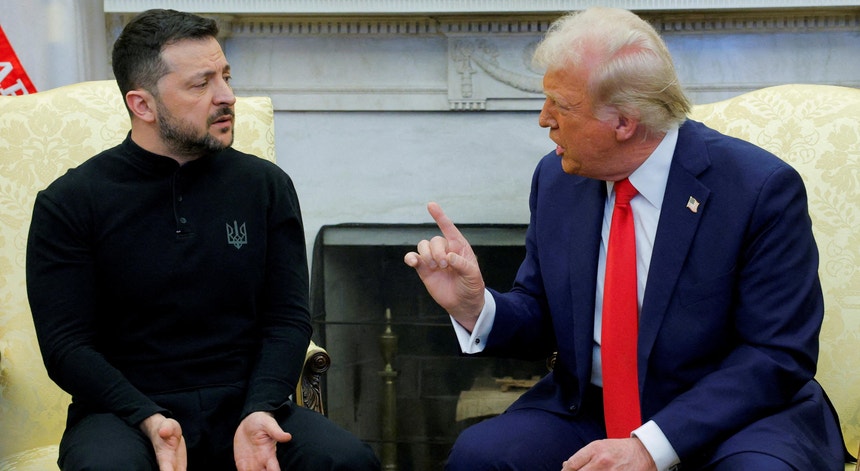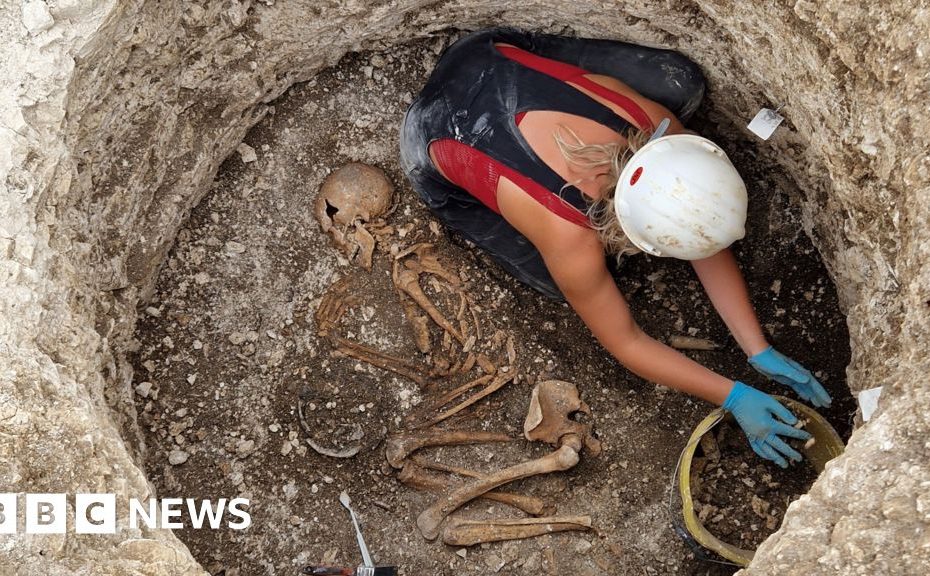Celtic land and wealth in Britain centered on women
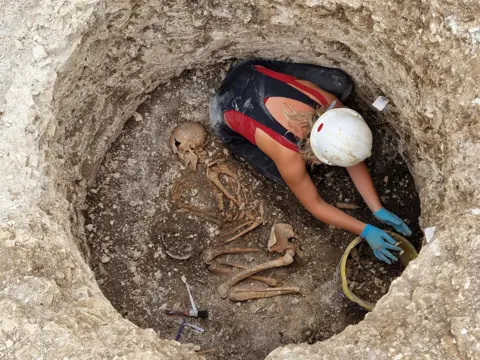 Bournemouth University
Bournemouth UniversityWomen in Britain before 2,000 years ago appeared to have passed on land and wealth to their daughters rather than their sons because communities were built around female lineage, new research suggests.
Skeletons unearthed in Dorset contain DNA evidence suggesting Celtic men moved in with their wives' families and communities.
Scientists have found evidence that entire communities were built around the female lineage of a family over generations, possibly originating from a single woman.
Dr Lara Cassidy, lead author of the study from Trinity College Dublin, said: “This shows that women had considerable influence in Iron Age society in Britain and could shape its trajectory in many ways.”
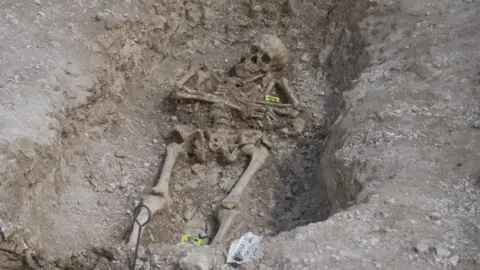 Bournemouth University
Bournemouth UniversityThis is the first recorded evidence of community building around women in ancient European history.
Scientists believe communities also invested heavily in daughters because they were likely to succeed their mothers.
Dr Cassidy said: “This condition is relatively rare in modern society, but this may not always be the case.”
The team found evidence that this happens in many parts of the UK, suggesting it is widespread.
The community analyzed lived around the same time as Boudicca, a warrior queen who led a rebellion against the Roman invaders in East Anglia around AD 61.
Dr. Cassidy sequenced DNA from the bones of 57 individuals from the Dourotrigues tribe. Winterbourne Kingston in Dorset was inhabited from about 100 BC to AD 100.
The skeletons were excavated from the cemetery by a team of archaeologists from Bournemouth University.
By tracing mitochondrial DNA, which is passed down only by women, Dr. Cassidy found that most women in the community were related to each other over several generations.
In contrast, there is great diversity in the Y chromosome, which is passed from father to son, suggesting that men from many different families married into the community.
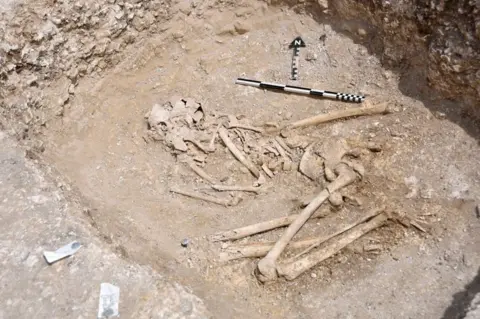 Bournemouth University
Bournemouth UniversityDNA analysis also showed that much of the ancestral lineage can be traced back to a single woman.
The work suggests that this society is what is known as a matriarchal society, where married men move to live in their wives' communities.
“The most obvious benefit for women is that if you don't leave home, you don't leave your support network. Your parents, your siblings, your family members are still with you,” Dr. Cassidy said.
“What comes in is your husband, who is relatively new to this community and who is dependent on your family for his livelihood and his land,” she added.
Researchers found evidence of the same maternal habitation in bones from other cemeteries, including in Cornwall and Yorkshire.
Evidence of powerful women in ancient societies is often dismissed as a one-off rather than the norm, but these findings challenge that idea, she said.
Archaeologists Professors Miles Russell and Martin Smith have also found other evidence of high status for women.
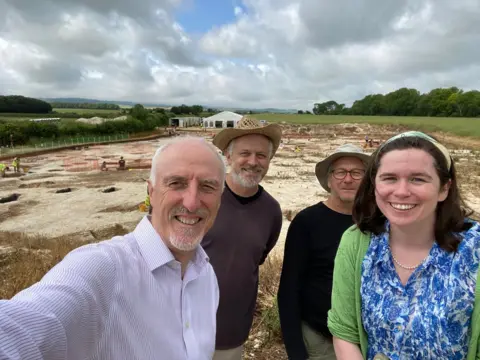 Bournemouth University
Bournemouth UniversityProfessor Martin Smith, from Bournemouth University, said: “We found very elaborately arranged graves containing items of wealth and status. Every time we have found this, it has been in the graves of women, so we The idea is that wealth is being passed down the female line.”
These findings also support Roman documents from the time that suggested that British women were quite powerful, more powerful than Roman women.
But Romans like Julius Caesar saw this as a sign of backwardness.
“Women had power in Britain and it was a more equal place. This was the biggest issue between the Romans and the British because Rome was a deeply patriarchal society. To them, this marked the British as the ultimate Savages,” said Miles Russell, a British university professor. Bournemouth University.
Most societies today are patriarchal, meaning women move to their husband's community.
But some matrilineal communities still exist today or not too long ago, including Ghana, the Akan in West Africa, and the Cherokee in North America.
Scientists say Iron Age Britain may have been a matriarchal society because men were often away fighting.
Dr. Cassidy compared it to World War II, when women gained more political and economic power.
Matriarchal societies are also less likely to experience internal conflict, she said.
“It can promote a sense of solidarity between neighboring communities and villages. It can disperse groups of related males, preventing groups of related males from developing strong loyalties and creating discord with related males nearby,” she suggests.
The findings were published in the scientific journal Nature.
Follow Georgina blue sky.

